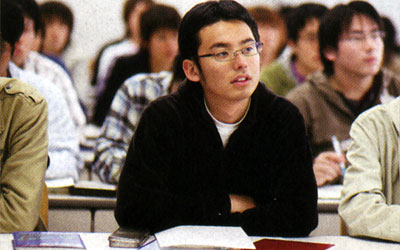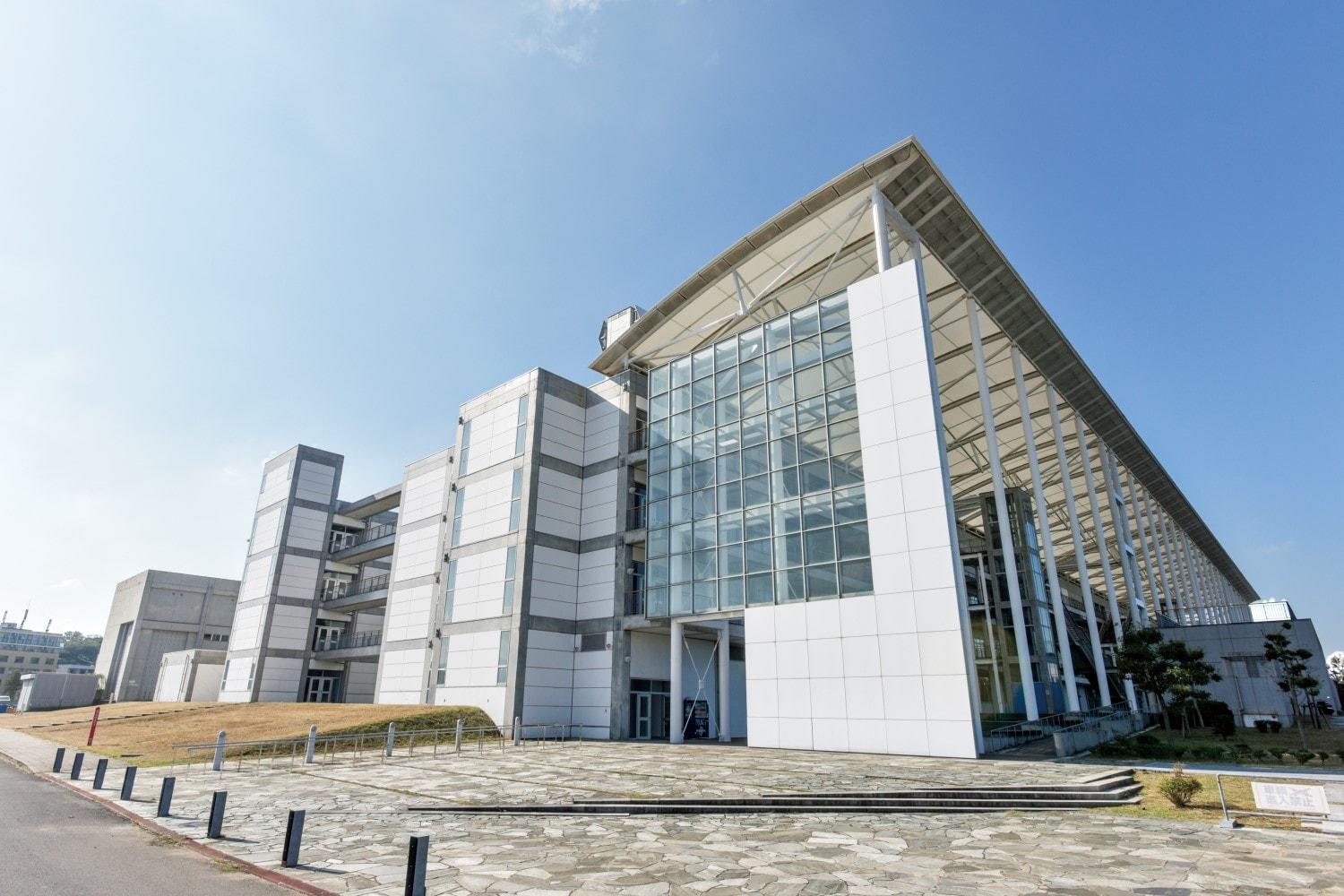Dept. of Mechanical Systems Engineering
Aiming at the construction of a sustainable society by achieving earth-conscious production-related technology
Features of educational curriculum and methods

Department Characteristics
Our department provides students interested in "MONOZUKURI" with opportunities to approach the subject from various angles with curricula that allows them to not only learn basics through creativity and practical applications of mechanical engineering but also enables them to develop a perspective on environmental problems.
What is "production-related technology"?
"MONOZUKURI" underpins our affluent lifestyle through products such as computers, televisions, video cassette recorders, automobiles, camera/computer parts, robots, medical and welfare apparatus, thermal and nuclear power plants, metal-and-steel-making machinery, chemical plant equipment, ships and vessels, aircraft, space development systems, machine tools to produce such machinery as well as equipment, and related software, etc. This production-related technology and industry encompasses the whole of human society. Mechanical engineering is the common base for "MONOZUKURI".
Taking action against environmental problems.
Our predecessors worked hard with the idea that an affluent lifestyle is based on mass production and mass disposal. With increasing concerns about environmental problems such as depletion of energy and resources, global warming, waste disposal and environmental pollution, we have realized that we need to establish a balance between "an affluent society" and "a sustainable society". With this perspective running through our department, you can get a broader perspective on various global issues through interactions with both Japanese and international students.
Pathways students can take after graduation
Students, who have completed the curriculum in our department, are expected to play an important role in various production-related industries working as a traditional mechanical systems engineer or as a mechanical engineer in the area of international environmental control.
Expected future fields
- Infrastructure-related industries prevalent in modern-day society in areas such as aircraft, ships and vessels, railways, automobiles, production and processing technology, and information and communications technology
- Development-related industries that help enrich our future society in areas such as space appliances, new generation energy appliances, highly efficient energy appliances, new materials, robots and welfare apparatus
- Environment-related business industries contributing to the present-day and future society with a global perspective such as recycling design and environmental-monitoring technology
- Becoming an environmental researcher responsible for the environmental impact assessment using environmental adaptation technology and the construction and operation of international standards


